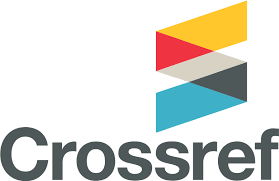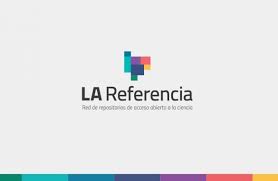The pragmatic component in dictionaries: implications for lexicography
DOI:
https://doi.org/10.33539/consensus.2015.v20n1.396Keywords:
Cultural industries, creative industries, content industriesAbstract
Dictionaries are a list of words, simple or complex, that are treated as entries (lexical items). It is usual to assert several components: the lemma or headword, named after its most neutral form, followed by an indication of the main inflections of its category: genre and number if they are names, syntactic class if they are verbs. Sometimes, indications of it are made in other aspects: etymology, pronunciation, marks of placement, area of use, register, frequency of use, etc.
Among all the group, it is pointed out an area that grows daily, painstakingly, in lexicographic works: the pragmatic component. Most of the words are referential (names, verbs, adverbs), but others correspond to language functions like the expressive and appellative ones; for example, interjections. Many words are objective, but some others depend on subjectivity, such as pronouns (personal, deictic, etc.), furthermore, there are complete categories that cannot be tackled with a syntactical approach only (tr., intr., pron., etc.) or semantically (meaning number like many, meaning an interruption like no longer, meaning approximation like almost, etc.), rather, they need to be studied within the framework of a special pragmatic approach, beyond their neutral uses--so to promise forms part of an assertive or commissive Advances arise from cultural, social, economic, political and historical moments of the society in general. Furthermore, the authors that posed the concept of cultural industries do not belong to this century (21st century) which is why they have not witnessed the systematic and progressive advances of industries (creative and content).








